Funding cuts deepen education crisis for Rohingya children in Bangladesh: HRW
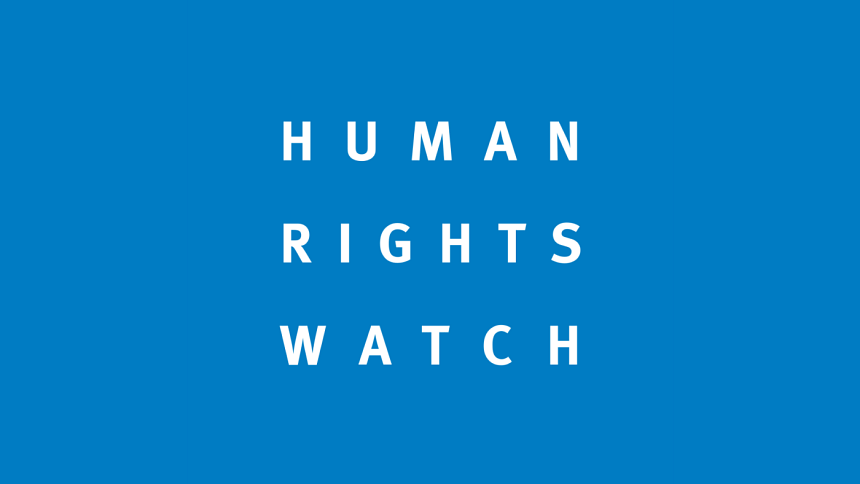
A sharp reduction in foreign aid has deepened the education crisis for nearly half a million Rohingya children living in refugee camps in Bangladesh, Human Rights Watch (HRW) said in a report released today.
With the United States and other major donors slashing humanitarian funding, thousands of learning centres operated by aid organisations have been forced to shut down, leaving over 300,000 school-age children without access to education. On June 3, Unicef suspended its support for many of these centres due to funding shortfalls.
The only remaining educational options are community-led schools established by the Rohingya themselves. While widely seen as offering higher-quality instruction, these schools lack formal recognition from the Bangladesh government and receive no international funding. As a result, they must charge tuition fees -- ranging from 50 cents to $5 per month -- posing a financial burden many families cannot afford.
"The US and other donor governments are abandoning education for Rohingya children after the previous Bangladesh government long blocked it," said Bill Van Esveld, Associate Children's Rights Director at HRW. "The interim government must support inclusive education, while donors should back the Rohingya community's efforts to avoid a lost generation."
Interviews conducted by HRW with over 75 individuals -- including refugee students, teachers, and humanitarian experts -- highlighted growing concerns about children's vulnerability to violence, trafficking, and forced labour as education options disappear. Between January and March 2025, at least 51 child abductions were reported in the Cox's Bazar camps.
Community-led schools, often staffed by Rohingya who have completed secondary education, face challenges due to the lack of certification. Students fear that even after completing class 12, their achievements will go unrecognised.
HRW urged the interim Bangladesh government to grant official recognition to these schools and called on international donors to support them financially. It also encouraged the inclusion of Rohingya educators in education planning and decision-making processes.
Bangladesh currently does not allow Rohingya children to attend schools outside the camps, a policy HRW says violates international human rights laws, which guarantee the right to education without discrimination.
"Education is a lifeline for refugee children," Van Esveld said. "It's time for Bangladesh and its partners to support that right -- not obstruct it."

 For all latest news, follow The Daily Star's Google News channel.
For all latest news, follow The Daily Star's Google News channel. 

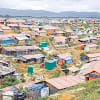
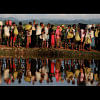
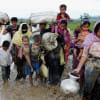

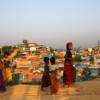

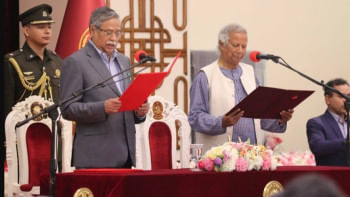
Comments